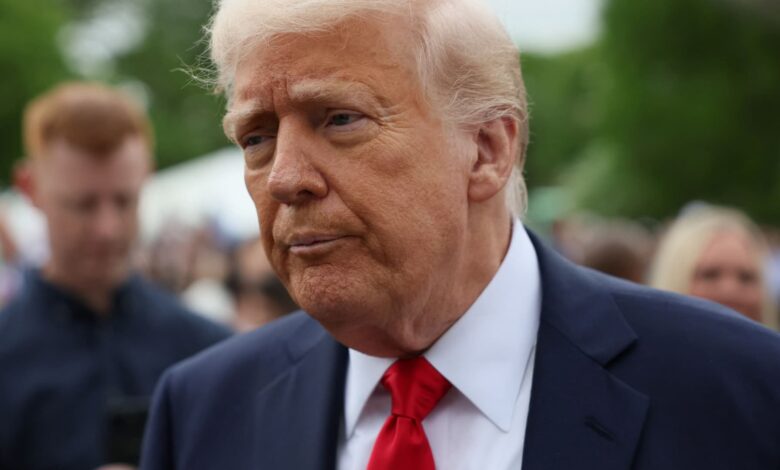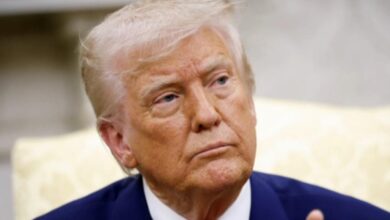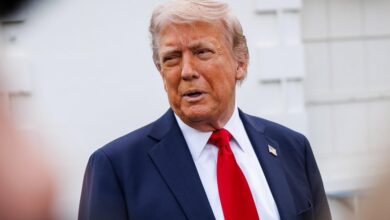If Trump wants rate cuts, he would likely need to replace the Fed’s full board

President Donald Trump’s ongoing public criticism of Fed Chair Jerome Powell has raised concerns about the possibility of him trying to fire the central bank chief. However, even if Trump were to take this unprecedented and legally questionable step, it may not necessarily result in the monetary policy changes he desires.
Despite the speculation surrounding Powell’s potential removal, economists remain skeptical that firing him would guarantee the rate cuts that Trump is pushing for. According to Paul Ashworth, chief North America economist at Capital Economics, dismissing Powell could be just the beginning of a larger effort to undermine the Fed’s independence. If Trump is adamant about lowering interest rates, he may need to dismiss the other six Fed Board Members as well. This drastic move could trigger a significant market backlash, leading to a decline in the dollar’s value and an increase in rates at the long end of the yield curve.
Moreover, the power dynamics within the Federal Open Market Committee (FOMC) suggest that even if Powell were replaced, other members could still resist pressure to implement easier monetary policies. JPMorgan’s chief U.S. economist, Michael Feroli, emphasized that the authority of the Fed chair derives more from historical precedent than from the mechanics of the job itself. Deutsche Bank senior economist Peter Sidorov echoed this sentiment, noting that individual Fed members might oppose the directives of a new leader if they believe Trump has overstepped his boundaries.
The uncertainty surrounding potential changes at the Fed, coupled with the ongoing trade tensions, has dampened investor confidence in the United States. Recent weeks have seen declines in U.S. stocks, bonds, and the dollar. Market experts are concerned that any alterations to the Fed’s structure could trigger further sell-offs and fuel fears of higher inflation.
Feroli highlighted that any erosion of the Fed’s independence could introduce additional risks to an already precarious inflation outlook, influenced by tariffs and heightened inflation expectations. While it was hoped that the potential negative repercussions would dissuade the president from threatening the Fed’s independence, Trump’s track record suggests otherwise.
As the situation continues to unfold, investors and economists are closely monitoring developments at the Fed and the potential implications for the U.S. economy. The outcome of this saga could have far-reaching consequences for monetary policy, market stability, and inflationary pressures in the months ahead.





